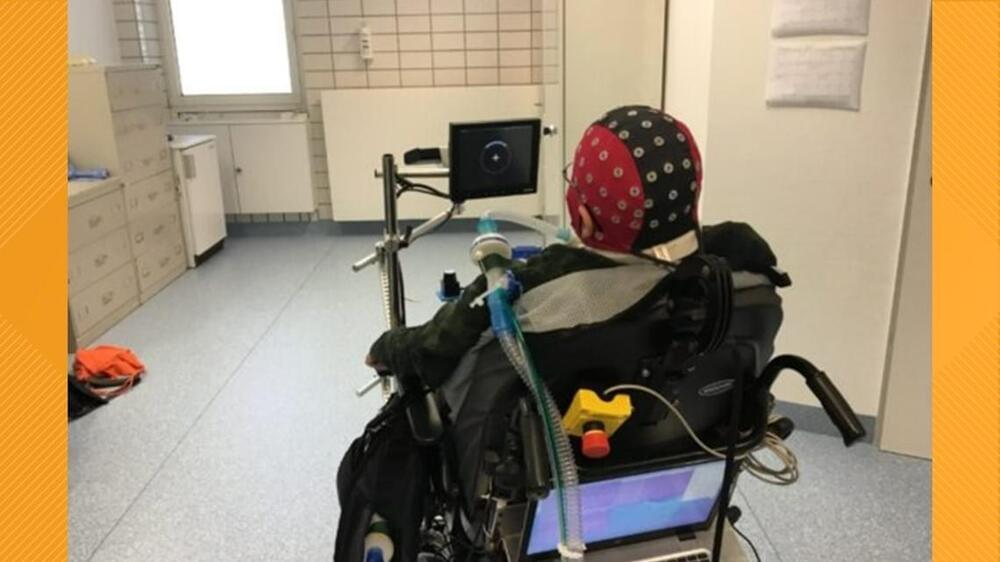According to an article by the university, the study is significant because it is a sign of future viability for noninvasive technology to help those with limited motor function.
“We demonstrated that the people who will actually be the end users of these types of devices are able to navigate in a natural environment with the assistance of a brain-machine interface,” said José del R. Millán, professor at the Cockrell School of Engineering’s Chandra Family Department of Electrical and Computer Engineering and leader of the international research team.










Comments are closed.